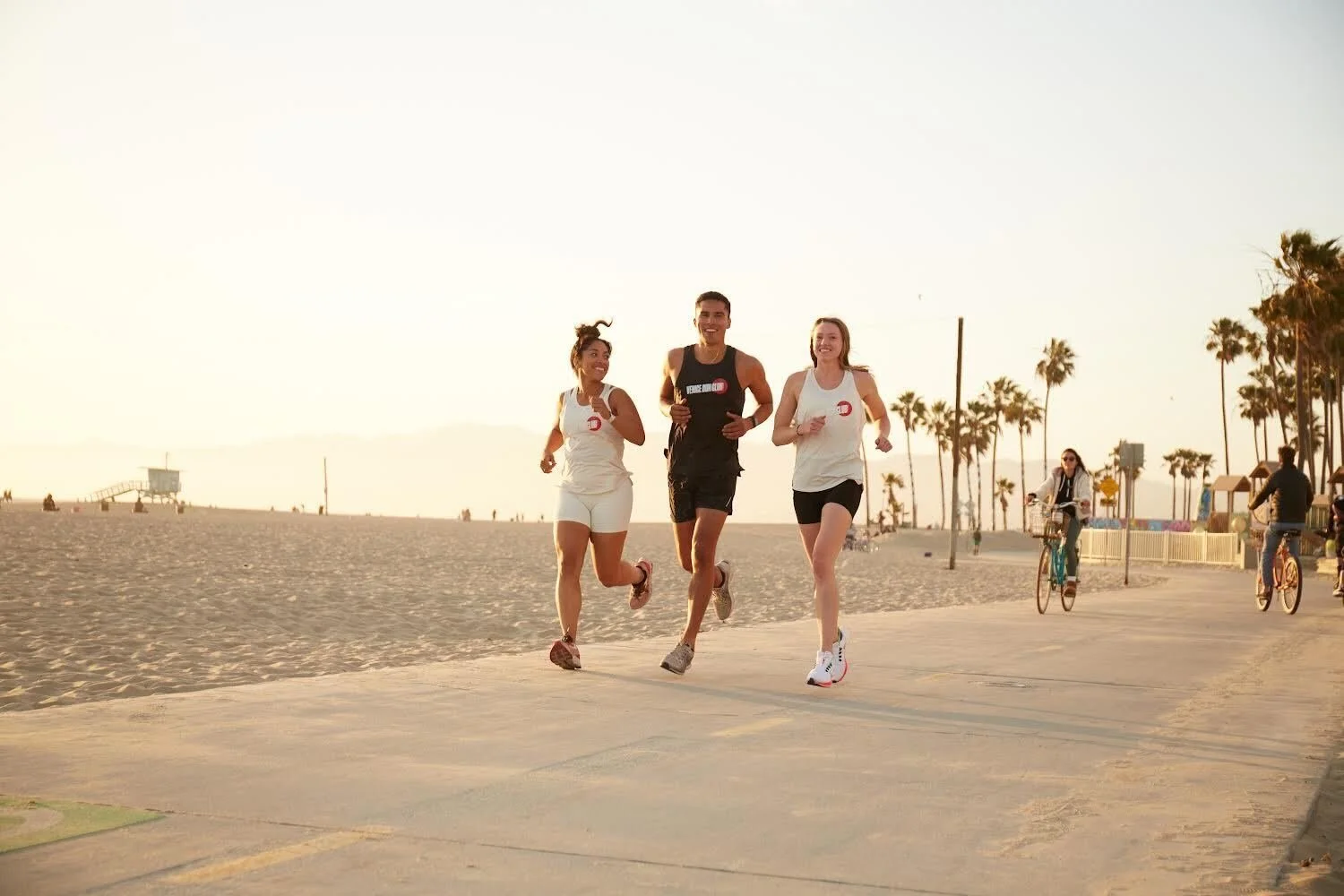My Experience with CTPR 474 and Making a Short Documentary in a Semester
a still from Tamanna’s documentary
by Tamanna Sood ‘24
Have you ever wondered what it's like to direct a film – especially a documentary? I’m here to tell you all about my experience taking CTPR 474: Documentary Production and the process of creating a 15-minute short documentary over the course of a semester.
As a documentary minor, I took this class to fill my final four-unit elective requirement and was initially quite nervous because I have no formal background in filmmaking. I’d also heard horror stories from past students in the class about the stress of filming and editing a documentary under the time constraints, but luckily, my experience was the complete opposite of the bad stories I heard. I learned so much about filmmaking.
The course started off with our professor, Tim Kirkman, outlining the strict schedule and emphasizing the importance of staying on track. Tim made non-SCA majors, like myself, feel comfortable by emphasizing that most students don’t come in with prior knowledge and learn through the process.
The first week of class was dedicated to students pitching their own documentary ideas and talking about topics they were passionate about. As a journalist and storyteller, I’m most attracted to stories about community, especially on the local level. I pitched a documentary focused on a honky-tonk that has existed for decades in my hometown in the San Fernando Valley. Other students pitched USC-centric stories and stories about the environment.
In the second week, students were put through a “speed dating” exercise to learn more about each other's films and passions. At the end of the class, students were then encouraged to find a partner they best meshed with to work together on the semester’s film. My partner, Morel, and I chose each other because we liked each other’s ideas and had similar schedules. In subsequent weeks, we spent time deciding on our documentary subject and name. Then we got right to filming our initial interviews. We chose to cover the Venice Run Club, which is a social justice organization and run club in Venice that was founded in response to the death of George Floyd in 2020 and has now grown into a gigantic, vibrant community. My partner pitched this idea as she has a close connection with the club as a runner and was already in talks with the leaders of the organization. I am not a runner and didn’t know about the club beforehand, but I found the club’s purpose and origin story profound and instantly said yes.
Late September and October were dedicated to filming and editing the movie. We were supposed to have all of our filming done by mid-October to ensure sufficient time to edit the movie. Every week, my partner and I had to screen at least 15 to 20 minutes of dailies, which is new, lightly edited footage that would contribute to the end product. Our professor, TA, and peers would give us notes on the material afterwards, similar to a studio critique.
The entire month of November was dedicated to editing the movie in preparation for the December 1 screening. Leading up to this, a new pair shared cuts of their film each week to get feedback on the structure of the film.
My partner and I had an especially difficult editing process because our film had ten interviews, while others had about two to five, resulting in us having an excessive amount of footage. My partner and I presented about five different cuts before getting the greenlight on our film.
I won’t lie and say that the class was easy simply because it didn’t have any formal assignments, but I will say it wasn’t as hard as I initially thought it would be. I attribute most of this to my professor and peers who made the class a really supportive environment to work through problems. The hardest part of the class is scheduling and finding the time to do all the work. Most of the work of the film is done outside of class. You need not only work on a strict timeline but also make sure that your schedule matches with your partner’s.
In my case, we had the additional complication of driving out to Venice, which is about a 30 minute trip depending on traffic. During filming days, I had to allot four to five hours to film a single interview. Despite this, the experience of creating your own film made it all worthwhile. CTPR 474 taught me that creating a film is entirely possible with dedication!
If you're interested in making documentaries but feel overwhelmed and nervous due to your lack of experience, I highly recommend this class as a way to get started. It teaches you what it means to be a director but also takes aways a lot of the laborious elements by providing a clear path of expectations!
Want more from Trojans 360?
Visit Trojans 360 on Facebook & Twitter to stay up to date with more student content! You can also Ask A Trojan an anonymous question, and we’ll try to answer it in a future post. And don’t forget to follow us on Instagram!
Trojans 360 is USC’s official student-run blog. Content created by students, for students.

